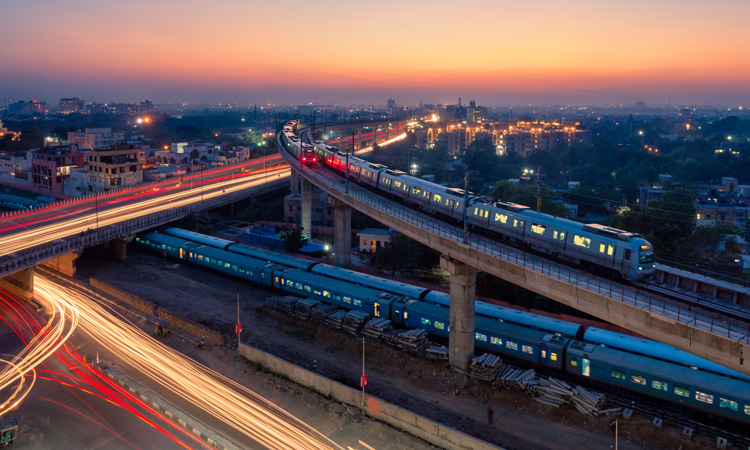MANILA, PHILIPPINES (10 November 2020) — The Asian Transport Outlook (ATO) will support the planning and delivery of transport sector assistance by ADB, as well as transport policy and initiatives by Asian governments, in line with the Sustainable Development Goals (SDGs), Paris Agreement, and other international agreements.
“The COVID-19 pandemic is changing the nature of transport across Asia. While the new realities of travel and transport continue to emerge and be refined, what remains constant is the role transport plays as a key enabler of development and economic growth in our region,” Mr. Susantono said in a keynote address at the 13th Regional Environmentally Sustainable Transport (EST) Forum. “Its fundamental role in ensuring access and mobility will not change. This is true for both in rural areas and cities—whether travelling between cities or across countries, and whether for moving people or cargo.”
He added that transport has shown great progress in Asia and the Pacific, with rural, national, and regional connectivity greatly improved. Nonetheless, more investments are needed in building new infrastructure as well as for maintaining and operating existing systems.
Fundamental to achieving the SDGs will be tackling road safety, he said, given that in 2017 alone, about 800,000 road fatalities were recorded in Asia and the Pacific. These road fatalities entail economic costs of around $1 trillion or about 6.4% of ADB regional members’ gross domestic product. ADB launched in February the Asia-Pacific Road Safety Observatory together with UNESCAP, the World Bank Group, and other stakeholders to support the region in its efforts to drastically reduce road traffic deaths and serious injuries.
The ATO will collect, organize, and share data on the transport sector in 51 countries using more than 500 indicators. It will also document the institutional frameworks, policies, and financing of transport in these countries. This will be a multiyear program, initially funded by ADB but eventually intended to become a stand-alone program with funding from multiple sources.
The 13th Regional EST Forum provided government officials and other stakeholders with an opportunity to discuss transformative transport policies for sustainable transport infrastructure and services and their contribution to the SDGs. The event discussed the scope and goals of a voluntary intergovernmental declaration on sustainable transport for the period 2020−2030.
Mr. Susantono noted that the EST process, initiated by the United Nations Center for Regional Development and supported by the Ministry of Environment of Japan, can help countries and cities implement the vision for a larger and more sustainable transport sector. “ADB is glad to partner with the EST process,” he said. “We know this partnership will greatly help make our transport projects more relevant to the development of Asia and the Pacific.”
ADB approves around 40 transport projects per year, and over the last 3 years, the average combined annual approvals were in excess of $6 billion.




